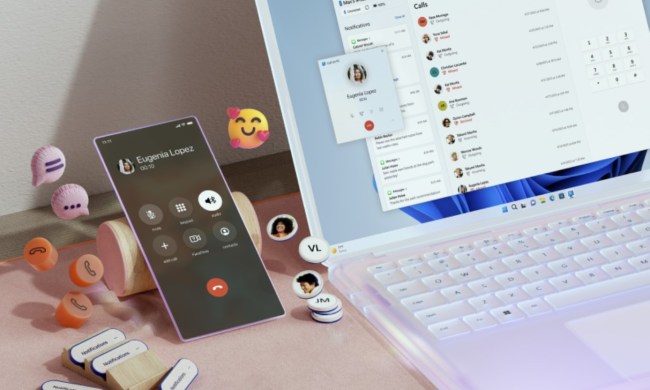By 2035, all new vehicles sold in California must be zero-emission, according to a new executive order Gov. Gavin Newsom signed on Wednesday.
“Cars shouldn’t give our kids asthma,” he tweeted. “Make wildfires worse. Melt glaciers. Or raise sea levels.” The order applies only to new vehicles, so residents would still be able to drive and sell their existing cars.
The state is having its worst fire season, and Newsom cites greenhouse gas emissions as a major contributing factor. California has long been a leader on environmental policies, often setting stricter emissions standards than those at the federal level.
The Trump administration rolled back fuel economy standards implemented under President Barack Obama, and California reached an agreement with Ford, Volkswagen, BMW, and Honda to maintain the Obama-era standards.
Banning the sale of new gas-powered vehicles would achieve a 35 percent reduction in greenhouse gas emissions and an 80 percent improvement in oxides of nitrogen emissions in the state, according to the governor’s office. The state’s Air Resources Board will also work on regulations for making larger vehicles 100-percent zero-emission by 2045 “where feasible.”
State agencies will also need to partner with private companies to help build out needed infrastructure for fueling and charging options.
While electric vehicles don’t emit greenhouse gases, the electricity used to charge them relies on the grid, which may be powered by fossil fuels.
Norway, France, the U.K., and Canada have all recently taken steps to end the sale of vehicles with internal combustion engines. Some countries are aiming for 2040, while Norway’s goal is 2025.


